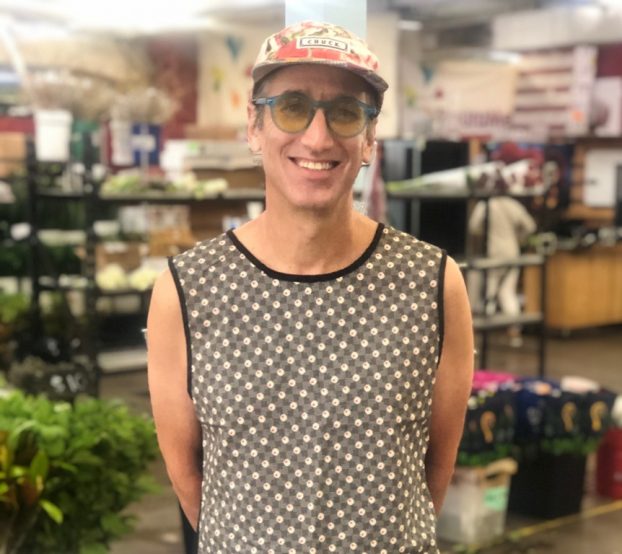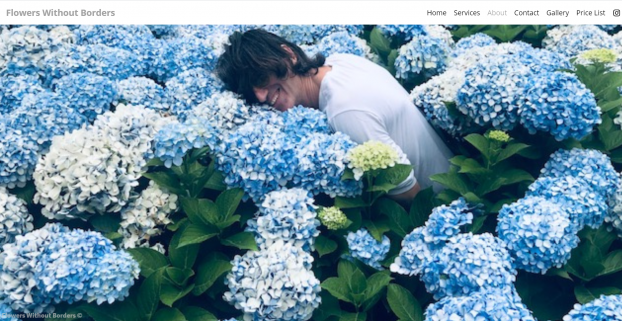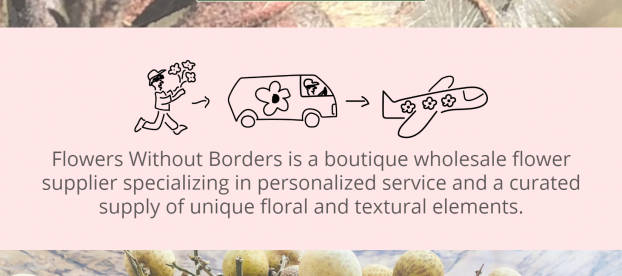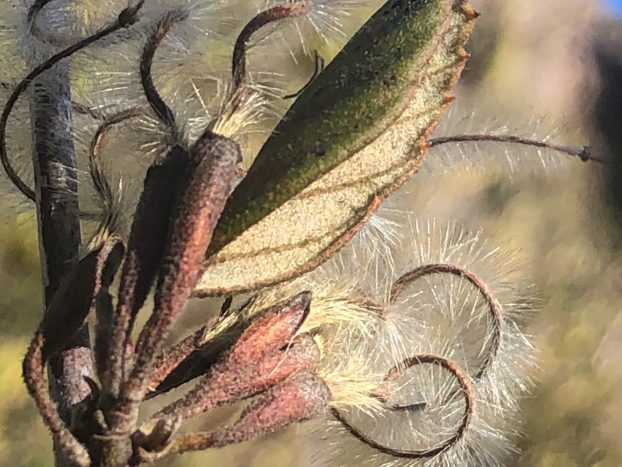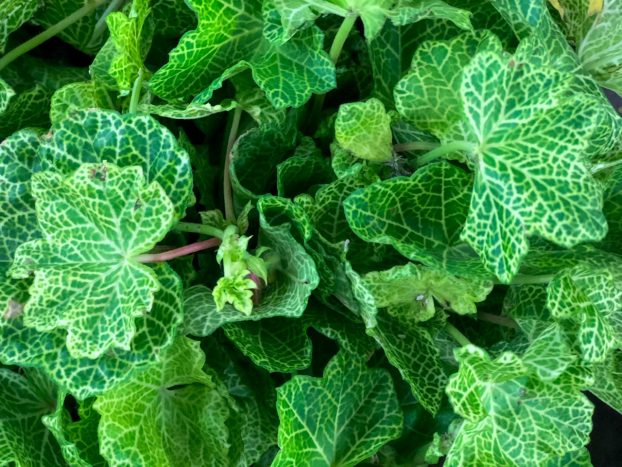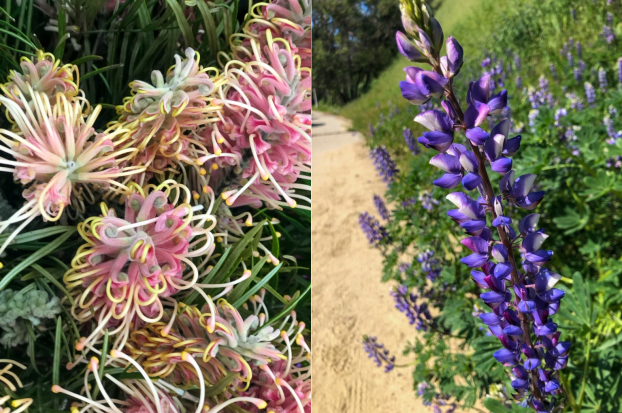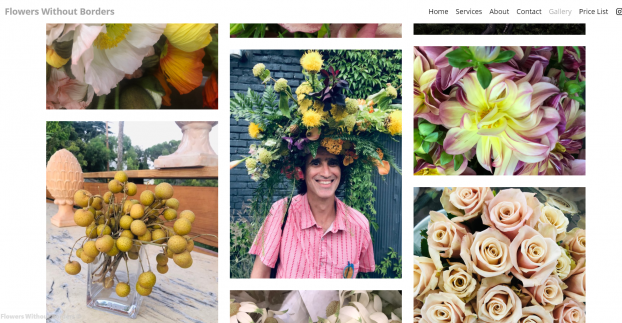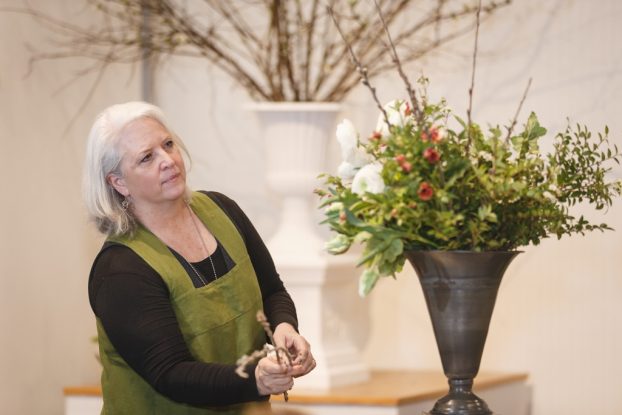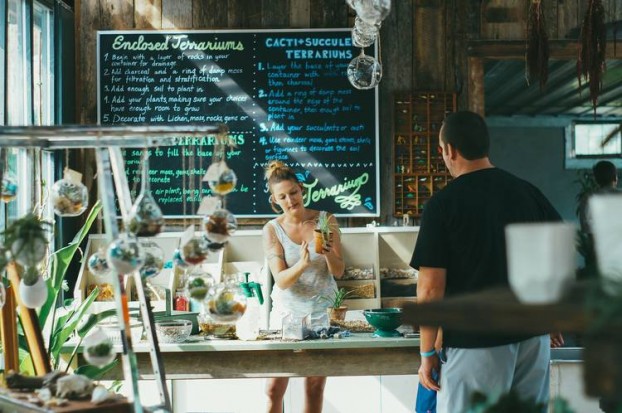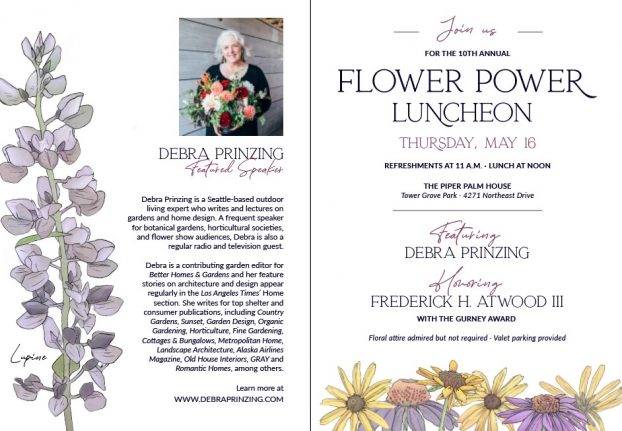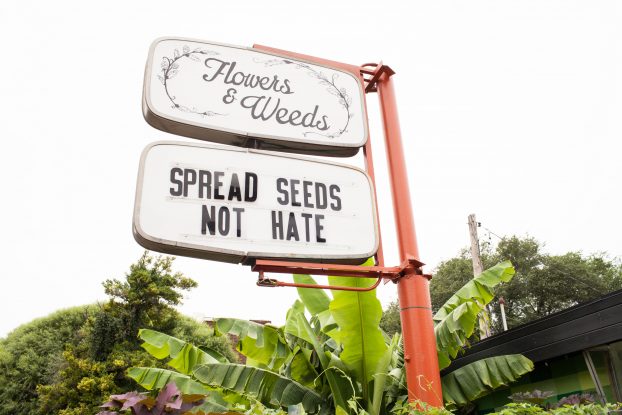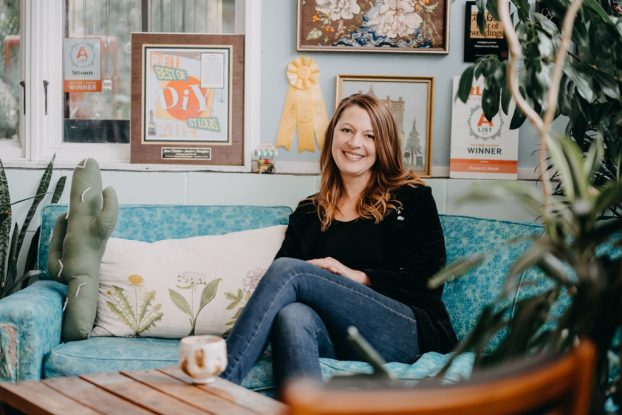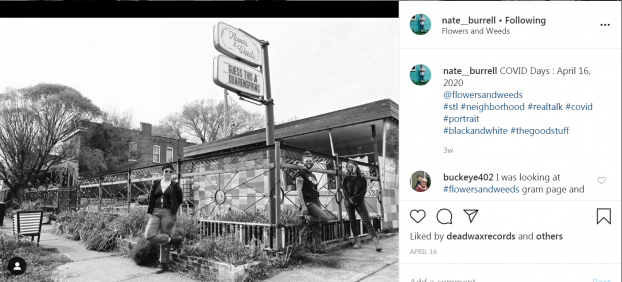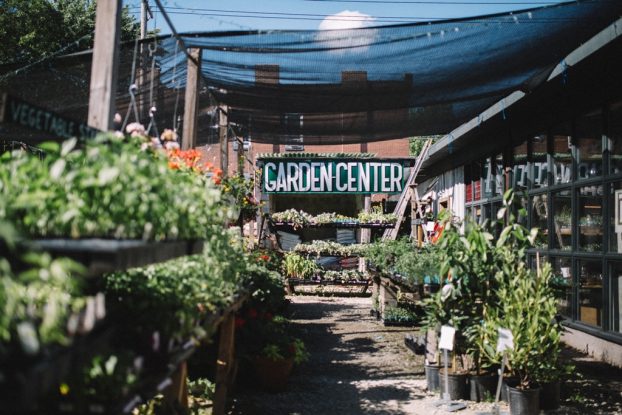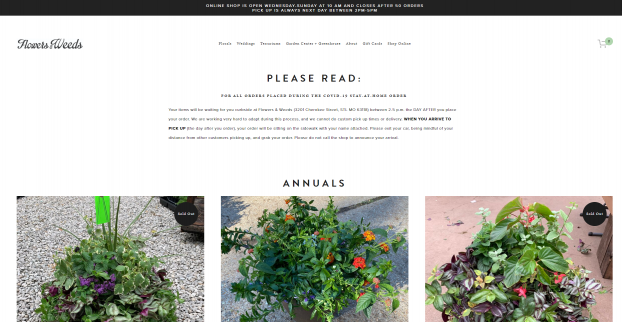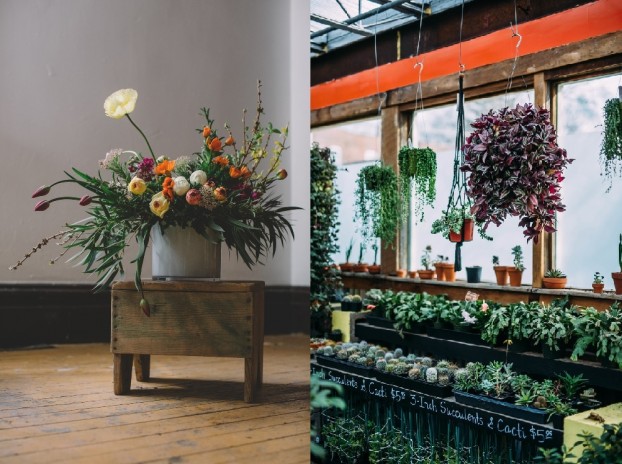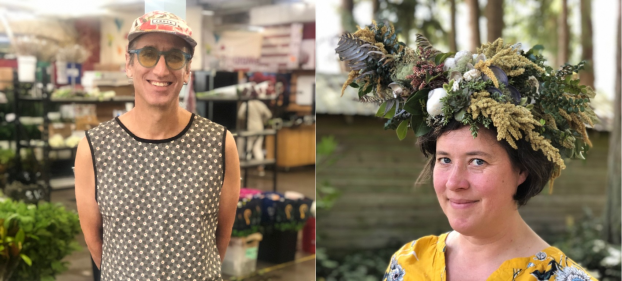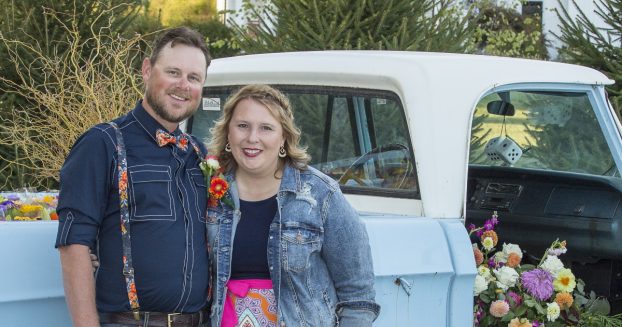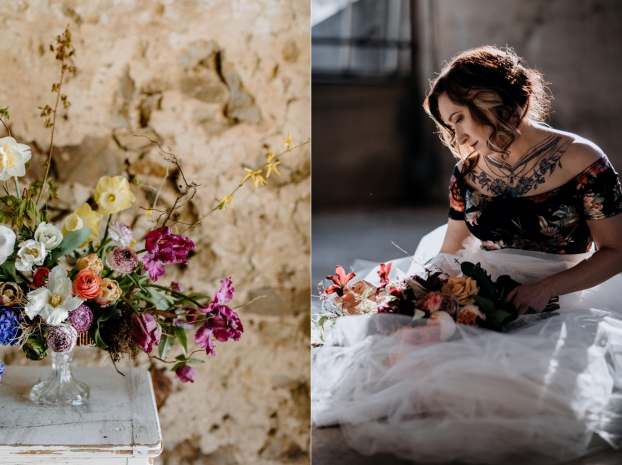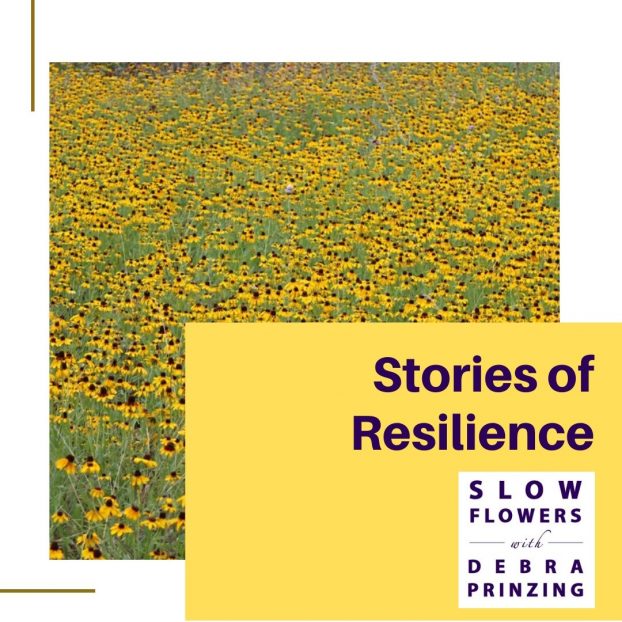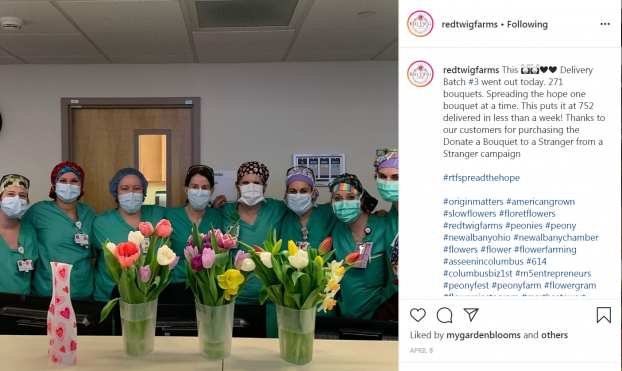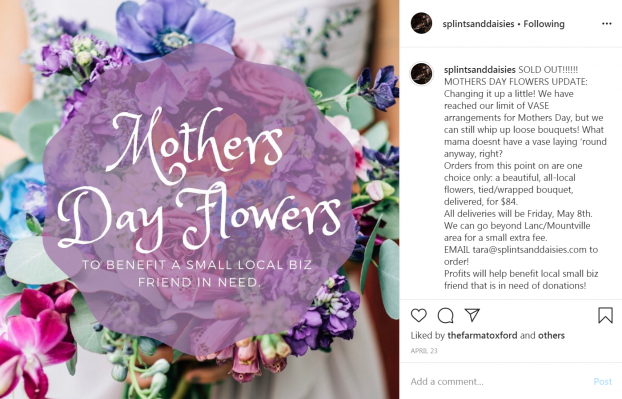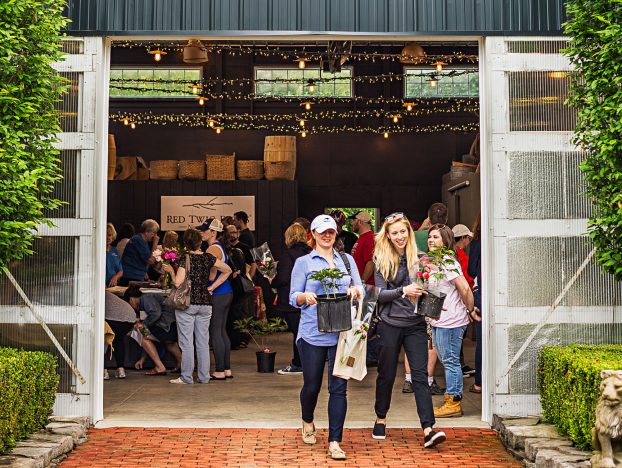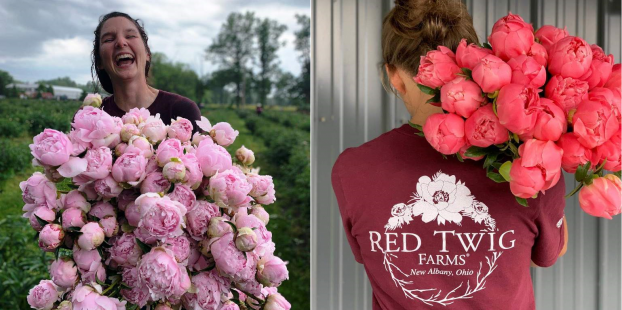Podcast: Play in new window | Download
Subscribe: Apple Podcasts | Podcast Index | RSS | More
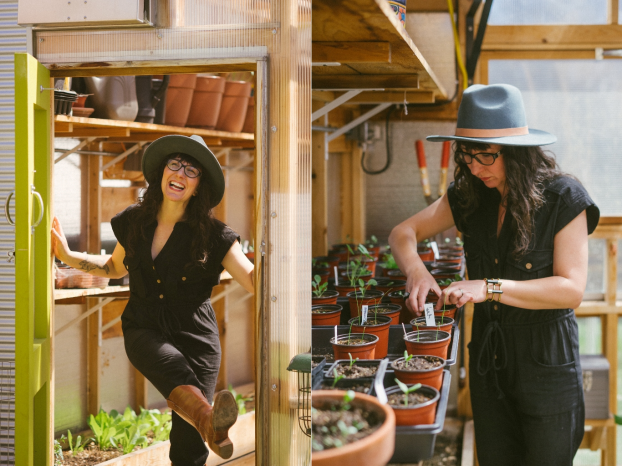
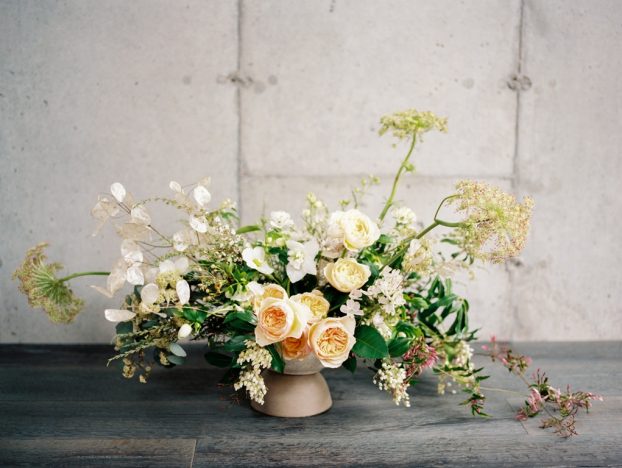
Please meet Remy Brault of Labellum, a contemporary floral boutique based in Bozeman, Montana.
Remy and I first met in September 2017 at a conference called Rocky Mountain Gardening Live, produced by Rocky Mountain Gardening magazine. She shared a beautiful tabletop floral demonstration featuring all Montana-grown flowers, and later led a fun hands-on workshop to teach participants how to make miniature floral pieces as place settings. I was there to talk about the Slow Flowers Movement from a gardener’s point of view.
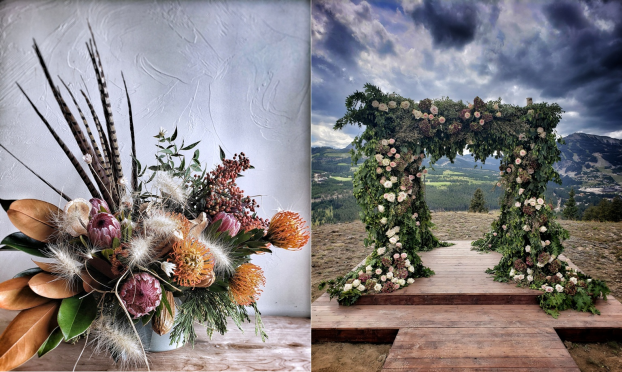
Soon after that, Remy joined Slow Flowers as a member and I’ve been wanting to have her as a guest on the Podcast for quite a while. It seems like perfect timing to do that right now, with something fun to celebrate — including her centerpiece and bridal bouquet featured in The Slow Flowers Journal Book.
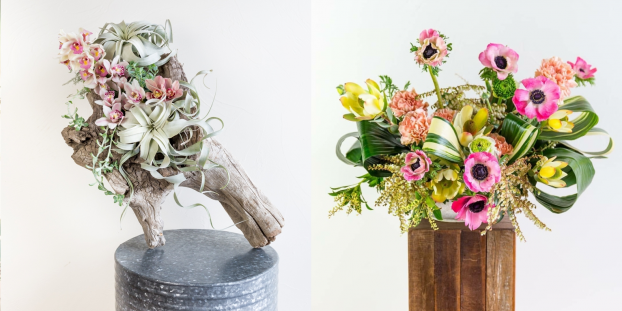
Here’s more about Remy Brault and Labellum:
Labellum is a retail flower shop in downtown Bozeman, which also specializes in event florals. With a style that is hip, modern and organic, Remy writes this on Labellum’s web site: “We love mixing natural elements and incorporating rich textures into our work. With artistry and imagination, each arrangement tells a story and is as unique as our clients. We are inspired by the ever changing seasons with all of their natural textures.
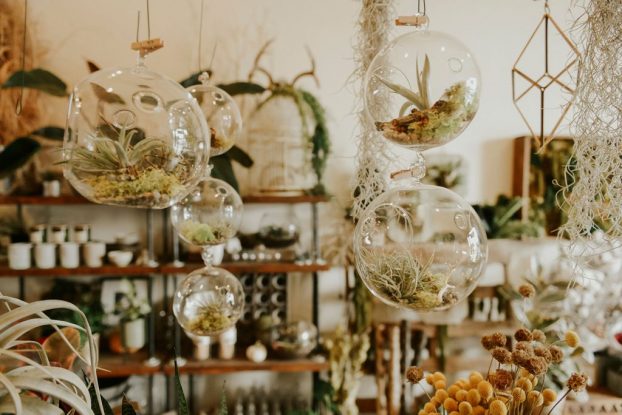
“Impact is everything and our footprint matters to us. We work with gardeners and farmers in our area during the warmer months in Montana to combine as many vibrant local flowers as possible into our designs. We also grow many flowers on our own and whenever possible we love foraging respectfully and ethically in the forest or along the river beds for awesome drift wood, rocks, and anything that has fun textures and shapes. We have recently become beekeepers and added two bee hives to our little ever changing urban ‘farm.’ Our hope is to help with pollinating our neighborhood, increasing bee populations and of course produce a delicious organic wildflower honey.”
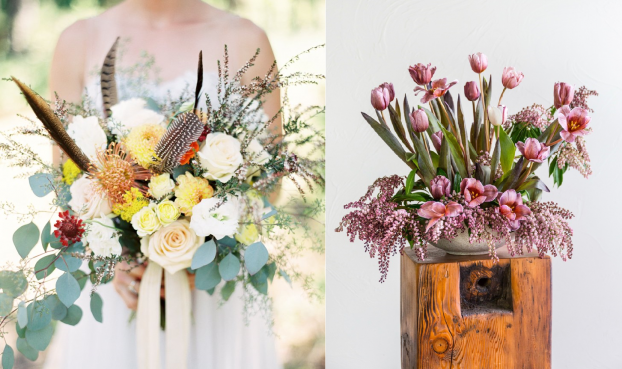
By the way, the word “Labellum” is the center petal of an orchid. A beautiful name and brand for an organically-focused floral shop.
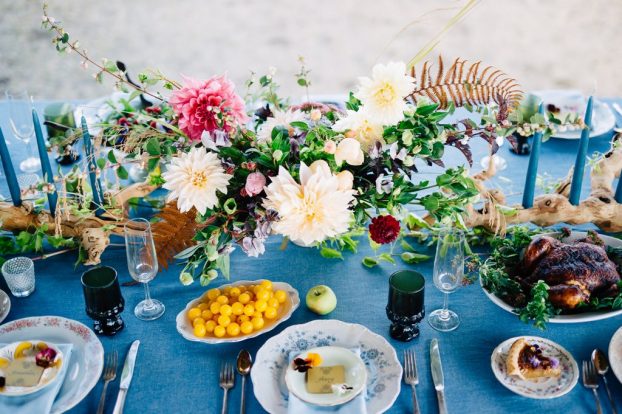
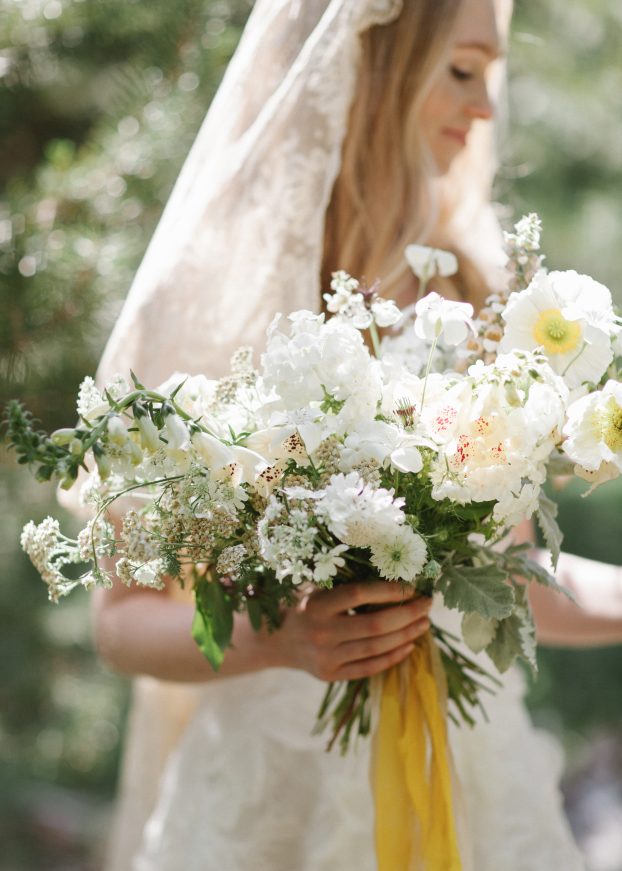
Above, please enjoy two stunning creations by Remy Brault in Slow Flowers Journal – Volume One book.
Find and follow Remy Brault at these social places:

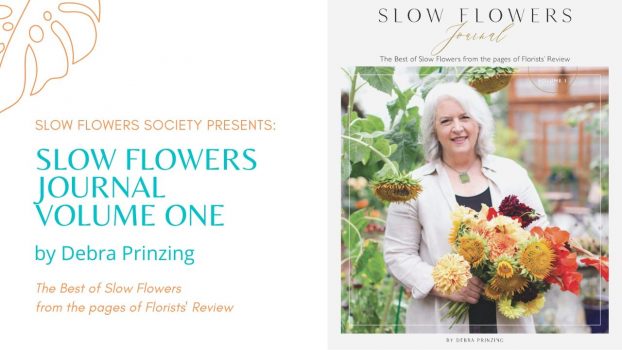
Today, on Wednesday, June 24, 2020, we’re kicking off my new book, the Slow Flowers Journal – Volume One, and I couldn’t be more excited to share the news with you! I’m celebrating the launch in a few ways — in-person with my Seattle community at a socially-distanced book-signing event at the Seattle Wholesale Growers Market, and online, with our Slow Flowers Community everywhere via a virtual book launch on Zoom. Click here to order copy of Slow Flowers Journal – Volume One — our bookstore is open for orders.
The virtual Launch Party and Happy Hour will take place at 4 pm Pacific/7 pm on June 24th and we will welcome many special guests who appear in the book’s pages. Here’s the invitation — and you’re invited to join us!
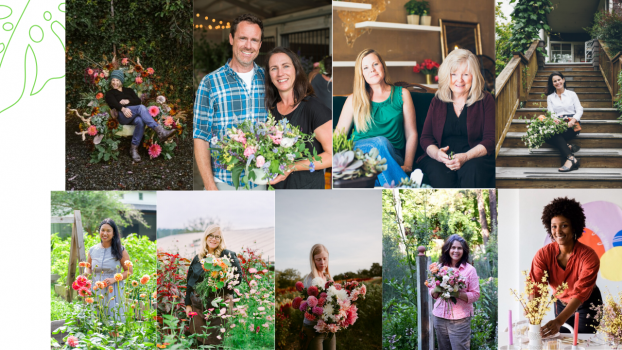
In coming weeks, I’ll be showcasing the talents and stories of many of the members featured in our new book — and if you’re interested in submitting your floral designs and the story of your floral enterprise for possible inclusion in Slow Flowers Journal – Volume Two, please reach out! We are beginning to plan our next book in the series and would love to consider you for its pages. More details to follow later this summer, but you can submit you ideas to: debra@slowflowers.com.
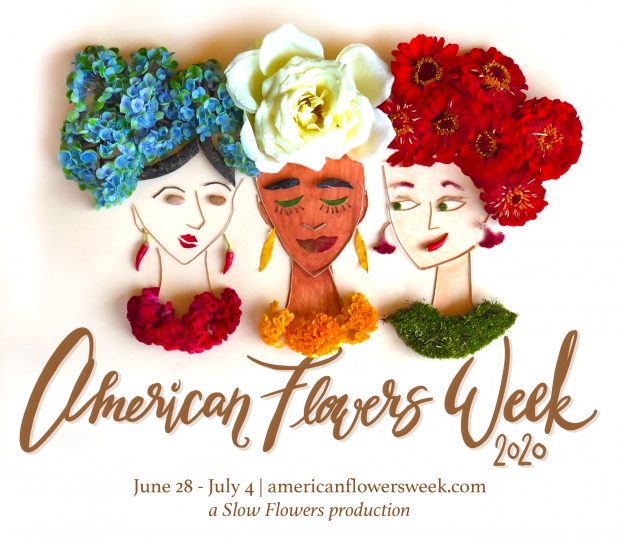
On Sunday, June 28th, we kick off the sixth annual American Flowers Week, with a full calendar of online, virtual events. Keep an eye out for details on our Slow Flowers Facebook and Instagram pages, as we will announce new content, interviews, design demonstrations, floral installations and tours each day, June 28th through July 4th!
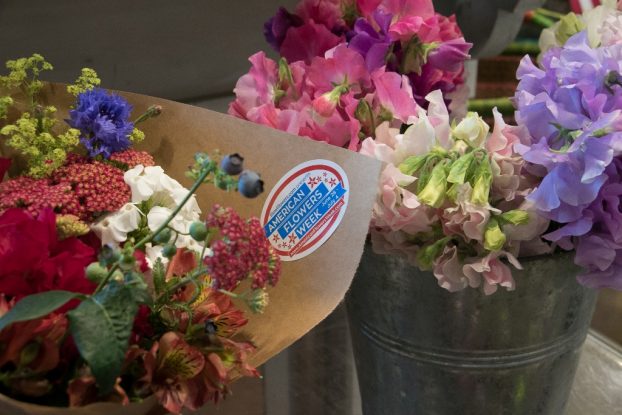
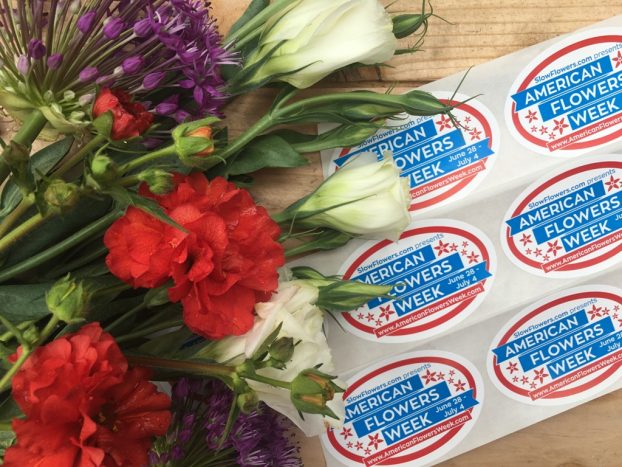
Here’s how you can help out the campaign:
Take photos of your flowers — on the farm, in the studio, and in your customers’ hands.
Post those photos to Facebook, Instagram or Twitter (or all three!) and please tag #americanflowersweek and #slowflowers, in addition to the tags you usually use. On Instagram & Twitter we are @myslowflowers. On Facebook, we are SLOW FLOWERS.
Download free American Flowers Week graphics, badges and other resources at americanflowersweek.com
See you on Social Media during June 28-July 4 and Enjoy those Red, White & Blue Blooms!
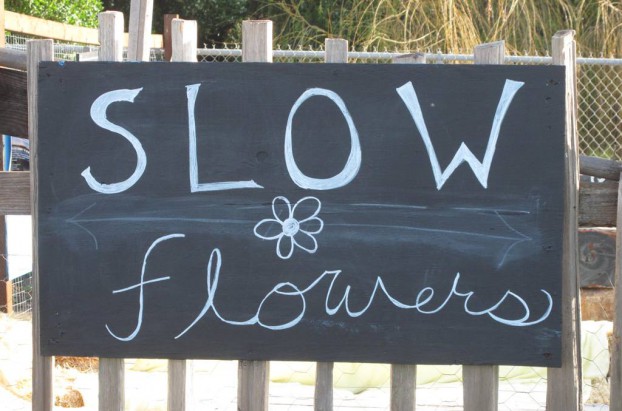
Thank you to our Sponsors
This podcast is brought to you by Slowflowers.com, the free, nationwide online directory to florists, shops, and studios who design with American-grown flowers and to the farms that grow those blooms. It’s the conscious choice for buying and sending flowers.
And thank you to Florists’ Review magazine. I’m delighted to serve as Contributing Editor for Slow Flowers Journal, found in the pages of Florists’ Review. Read our stories at slowflowersjournal.com.
FarmersWeb software makes it simple for flower farms to streamline working with their buyers. By lessening the administrative load and increasing efficiency, FarmersWeb helps your farm save time, reduce errors, and work with more buyers overall. Learn more at farmersweb.com.
Longfield Gardens, which provides home gardeners with high quality flower bulbs and perennials. Their online store offers plants for every region and every season, from tulips and daffodils to dahlias, caladiums and amaryllis. Check out the full catalog at Longfield Gardens at longfield-gardens.com.
Johnny’s Selected Seeds, an employee-owned company that provides our industry the best flower, herb and vegetable seeds — supplied to farms large and small and even backyard cutting gardens like mine. Find the full catalog of flower seeds and bulbs at johnnysseeds.com.
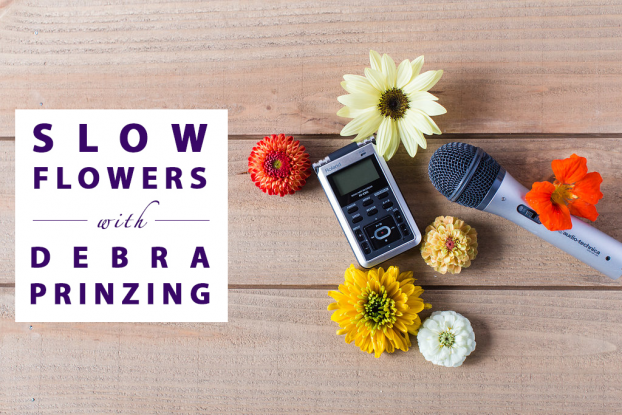
The Slow Flowers Podcast has been downloaded more than 617,000 times by listeners like you. Thank you for listening, commenting and sharing – it means so much.
As our movement gains more supporters and more passionate participants who believe in the importance of the American cut flower industry, the momentum is contagious. I know you feel it, too. I value your support and invite you to show your thanks and with a donation to support my ongoing advocacy, education and outreach activities. You can find the donate button in the column to the right.
I’m Debra Prinzing, host and producer of the Slow Flowers Podcast. Next week, you’re invited to join me in putting more American grown flowers on the table, one vase at a time. And If you like what you hear, please consider logging onto iTunes and posting a listener review.
The content and opinions expressed here are either mine alone or those of my guests alone, independent of any podcast sponsor or other person, company or organization.
The Slow Flowers Podcast is engineered and edited by Andrew Brenlan. Learn more about his work at soundbodymovement.com.
Music Credits:
Heartland Flyer; Glass Beads; Gaena
by Blue Dot Sessions
http://www.sessions.blue
Lovely by Tryad
http://tryad.bandcamp.com/album/instrumentals
http://creativecommons.org/licenses/by-sa/3.0/
In The Field
audionautix.com









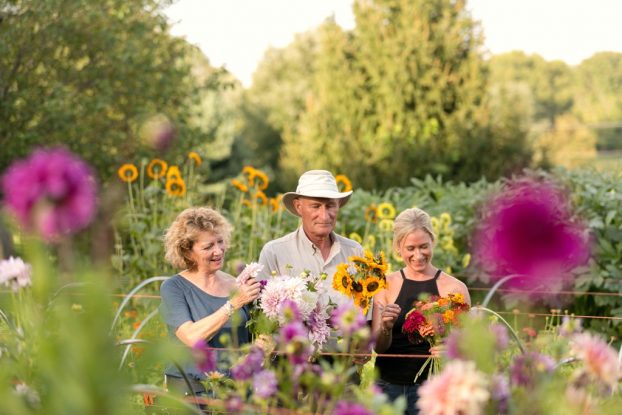
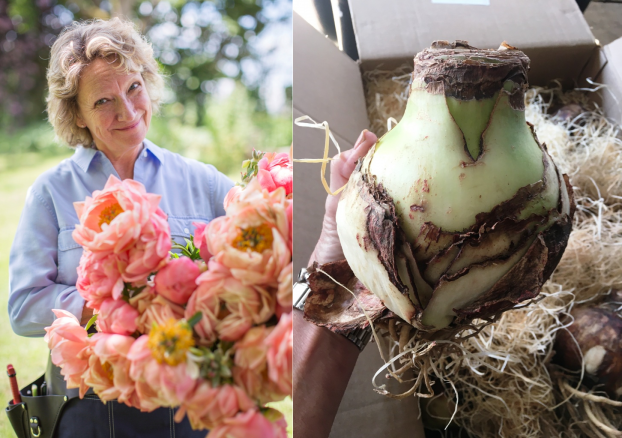
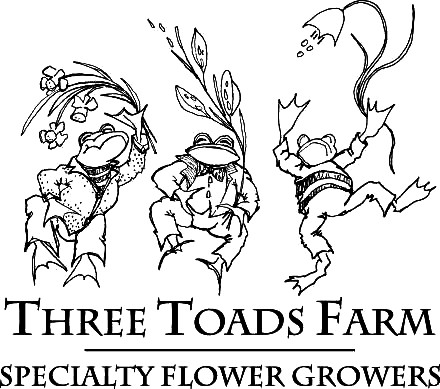
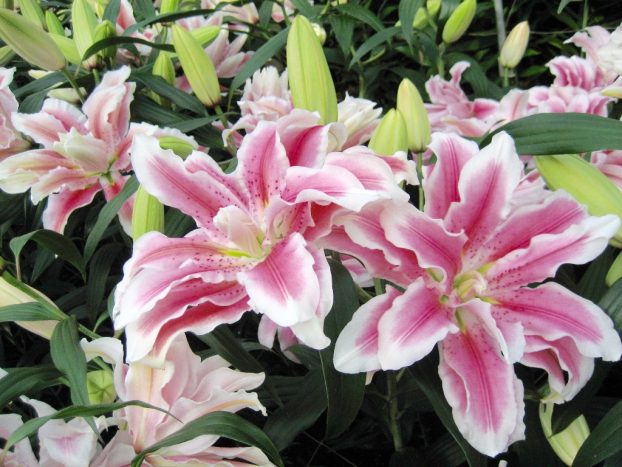
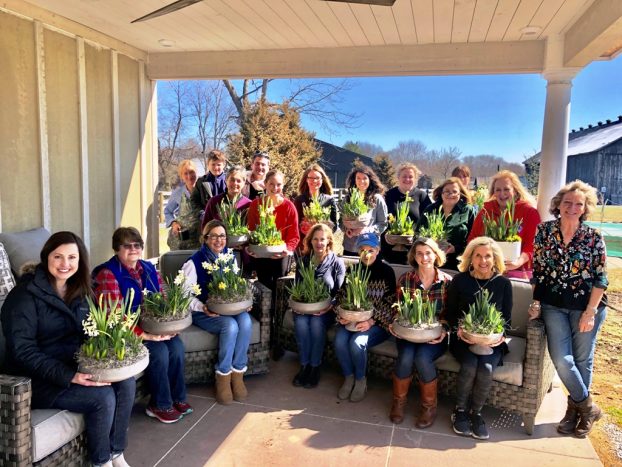
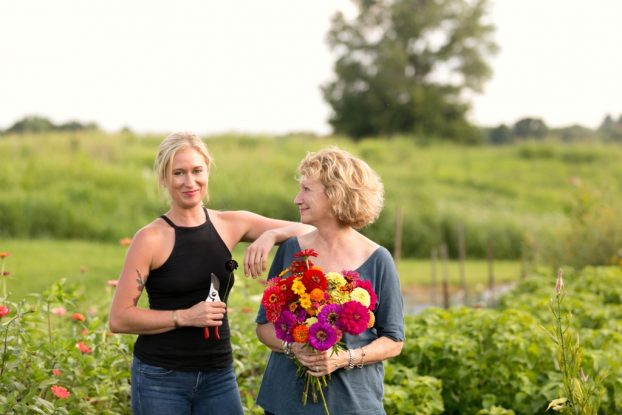
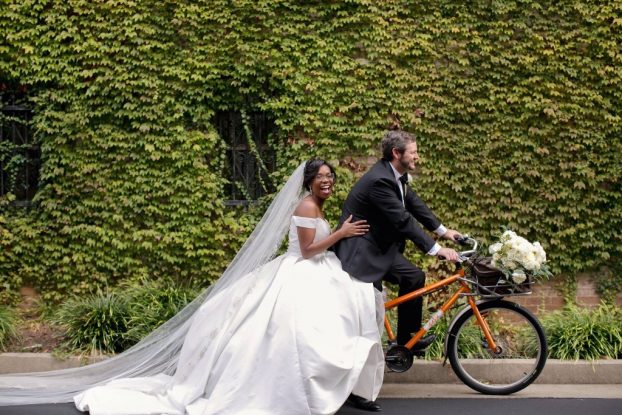
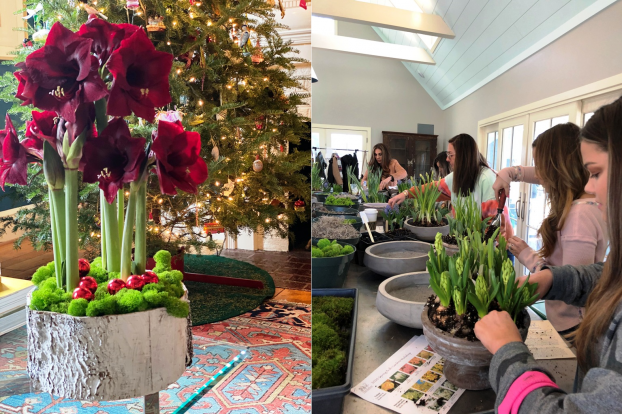
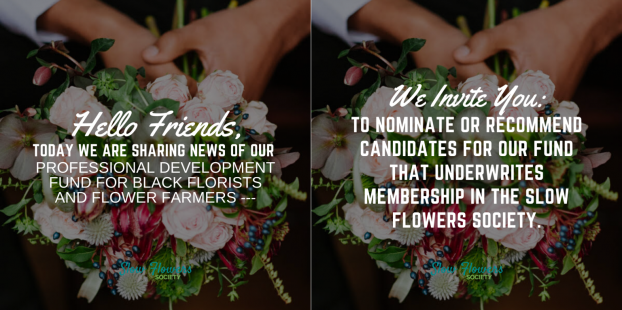
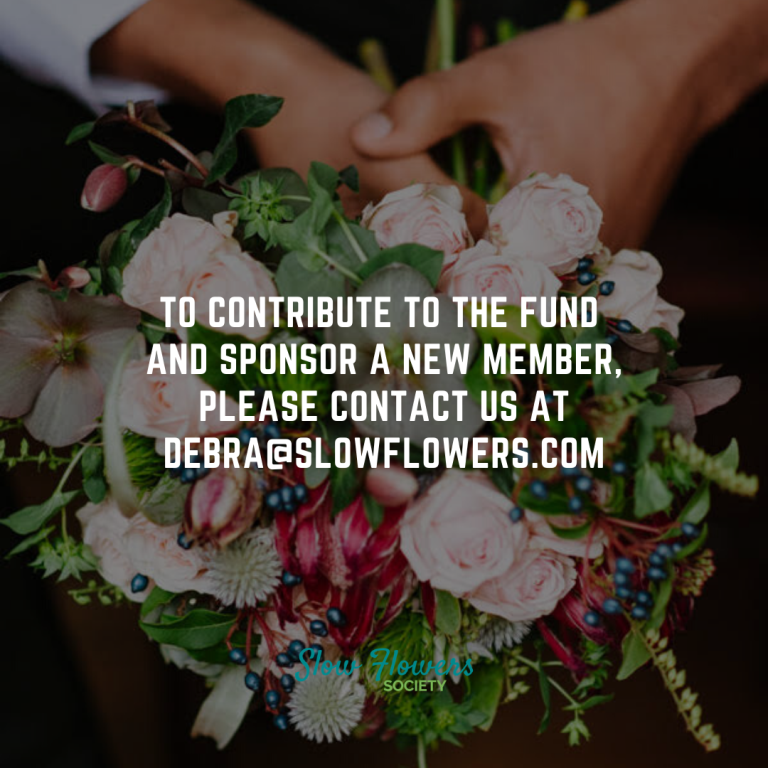 Thanks so much for joining today’s conversation. Last week, I announced the establishment of a Professional Development Fund to grow our membership of Black flower farmers and florists. This is an intentional step to ensure that Slow Flowers is more representational and inclusive. I want to think our first two contributors, Lisa Waud of Lisa Waud Botanical Artist and author Jennifer Jewell, host of the popular public radio program Cultivating Place.
Thanks so much for joining today’s conversation. Last week, I announced the establishment of a Professional Development Fund to grow our membership of Black flower farmers and florists. This is an intentional step to ensure that Slow Flowers is more representational and inclusive. I want to think our first two contributors, Lisa Waud of Lisa Waud Botanical Artist and author Jennifer Jewell, host of the popular public radio program Cultivating Place.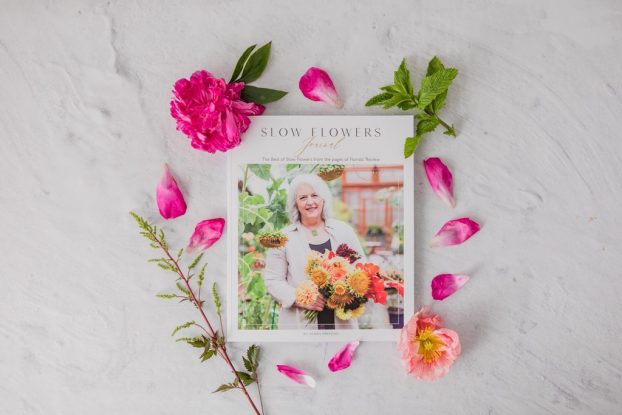
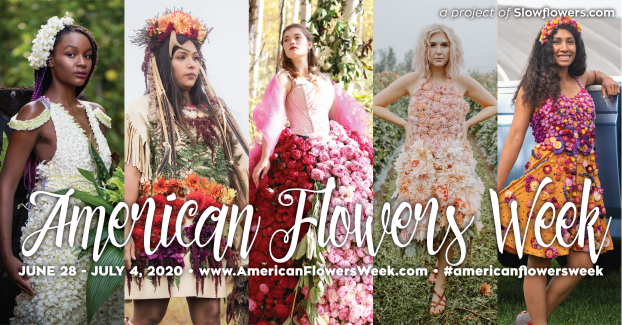

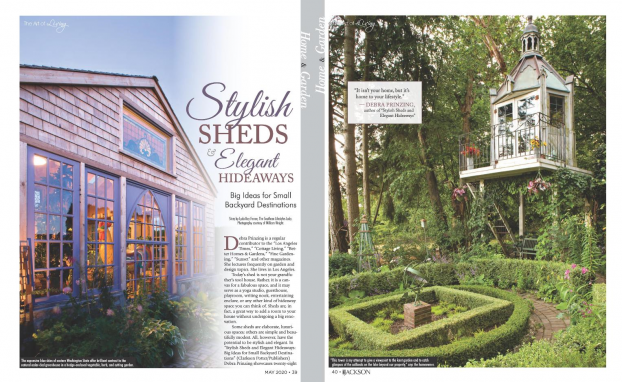
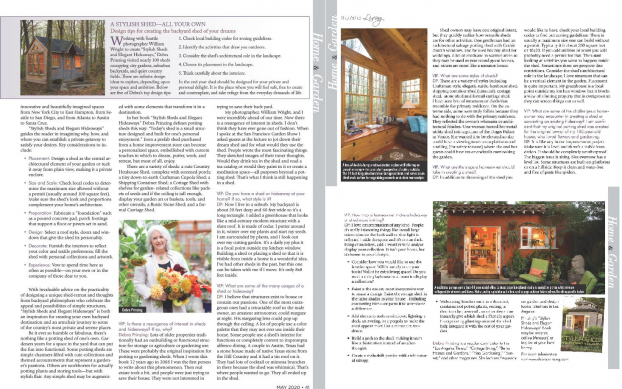
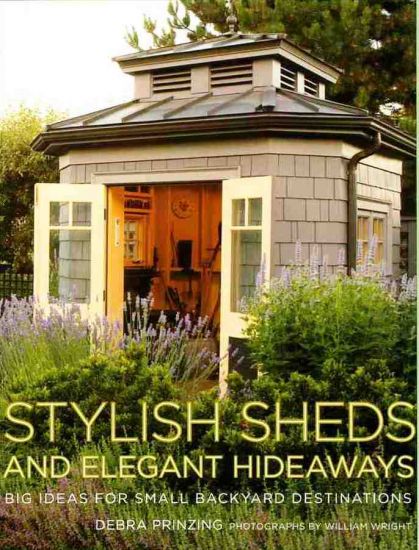 Well, 2008 was a financial disaster and the bottom fell out of the real estate market. Our timing could not have been predicted. Ten years later, a number of copycat books emerged on the marketplace. And Bill and I just sat their and thought: Wow, we were visionaries! The promotional machine we needed in the lifestyle media marketplace was in its own crisis when Stylish Sheds was published. That was the era when magazines like House & Garden, Cottage Living, Domino and others suddenly folded.
Well, 2008 was a financial disaster and the bottom fell out of the real estate market. Our timing could not have been predicted. Ten years later, a number of copycat books emerged on the marketplace. And Bill and I just sat their and thought: Wow, we were visionaries! The promotional machine we needed in the lifestyle media marketplace was in its own crisis when Stylish Sheds was published. That was the era when magazines like House & Garden, Cottage Living, Domino and others suddenly folded. 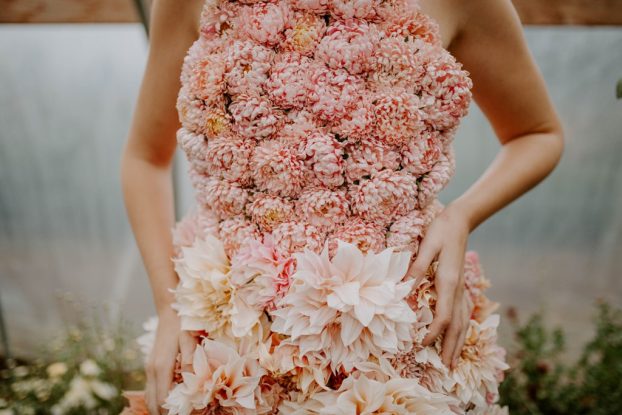
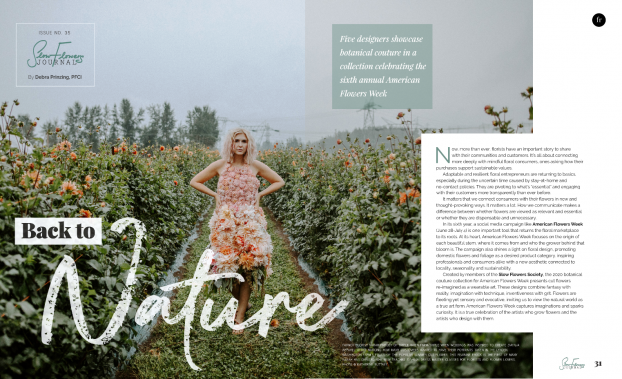
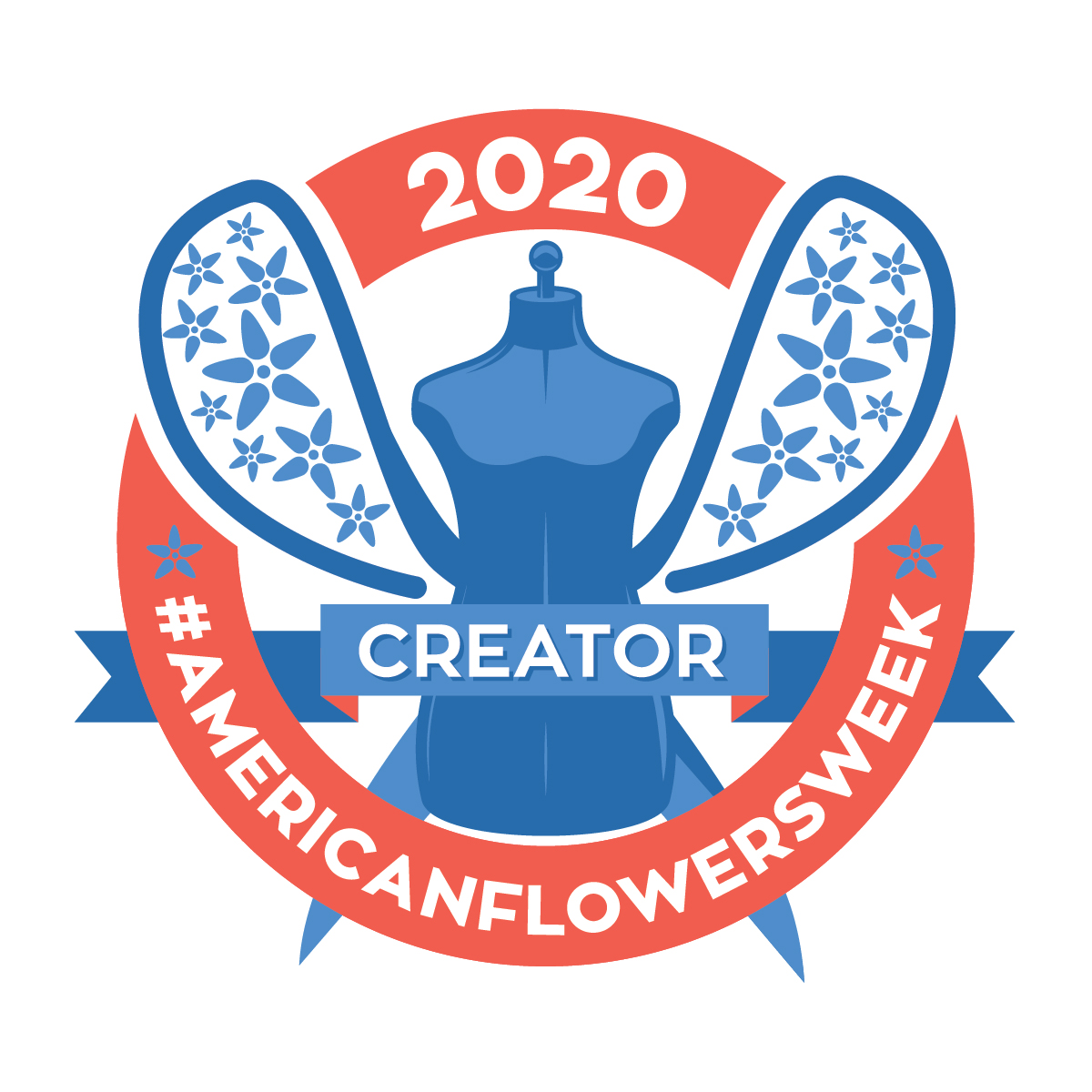 At its heart, American Flowers Week focuses on the origin of each beautiful stem, where it comes from and who is the grower behind that bloom. The campaign also shines a light on floral design, promoting domestic flowers and foliage, inspiring professionals and consumers alike with a new aesthetic connected to locality, seasonality and sustainability.
At its heart, American Flowers Week focuses on the origin of each beautiful stem, where it comes from and who is the grower behind that bloom. The campaign also shines a light on floral design, promoting domestic flowers and foliage, inspiring professionals and consumers alike with a new aesthetic connected to locality, seasonality and sustainability.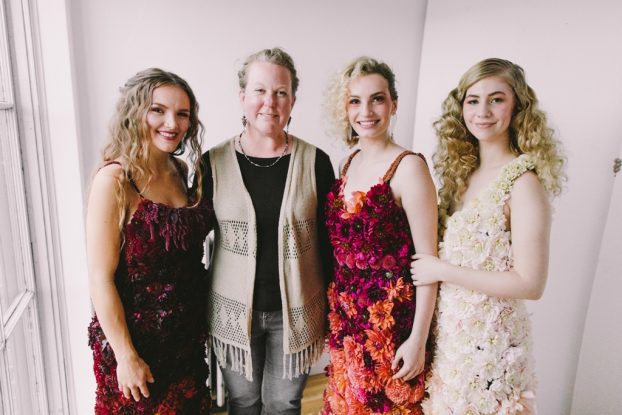
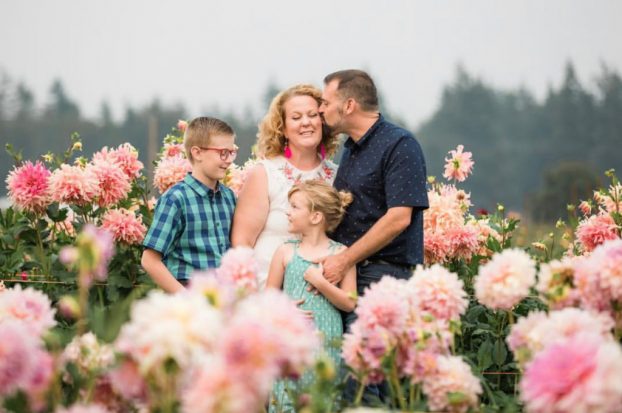
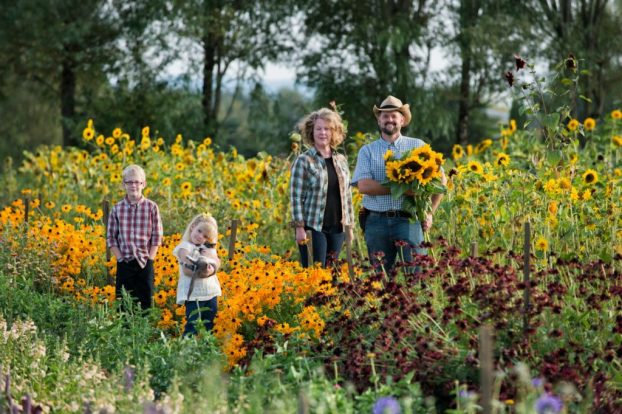
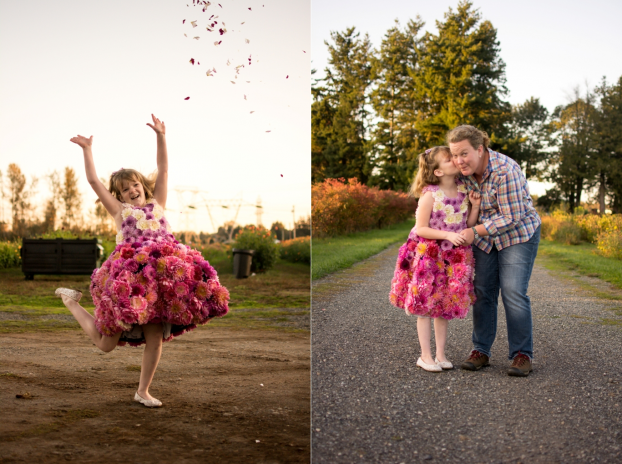
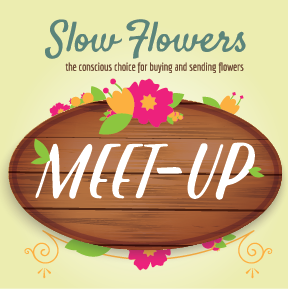 On June 12th, we will hold our monthly Slow Flowers Member Virtual Meet-Up — an online gathering of florists, growers, farmer-florists and supporters, launched in late March. The Virtual Meet-Ups have moved from weekly to monthly and will now continue as a regular event on the 2nd Friday of each month.
On June 12th, we will hold our monthly Slow Flowers Member Virtual Meet-Up — an online gathering of florists, growers, farmer-florists and supporters, launched in late March. The Virtual Meet-Ups have moved from weekly to monthly and will now continue as a regular event on the 2nd Friday of each month. 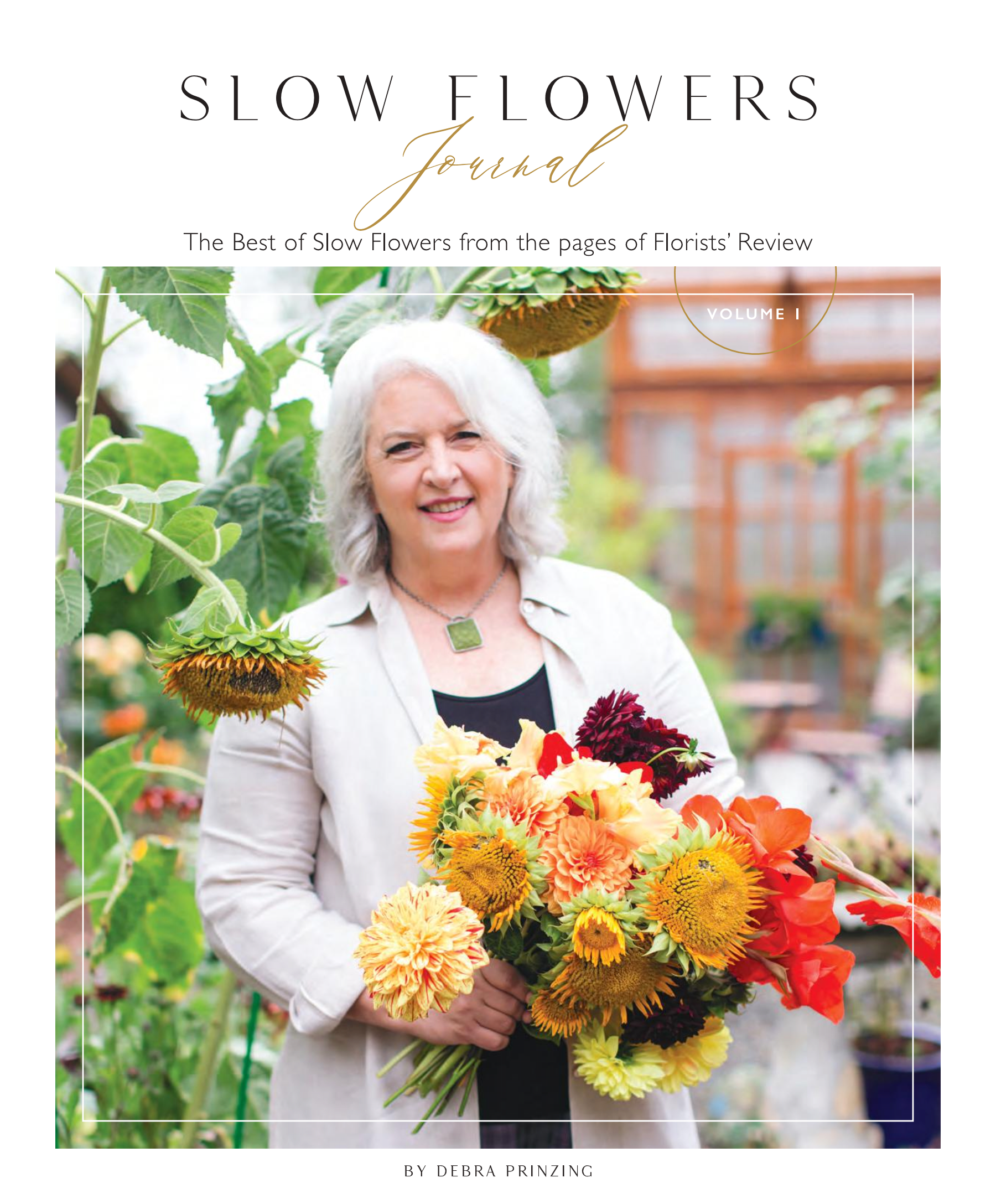 Eighty Slow Flowers members are featured in its pages and we will share a big reveal of this beautiful, 128-page book, published by our partners at Wildflower Media/Florists’ Review.
Eighty Slow Flowers members are featured in its pages and we will share a big reveal of this beautiful, 128-page book, published by our partners at Wildflower Media/Florists’ Review. 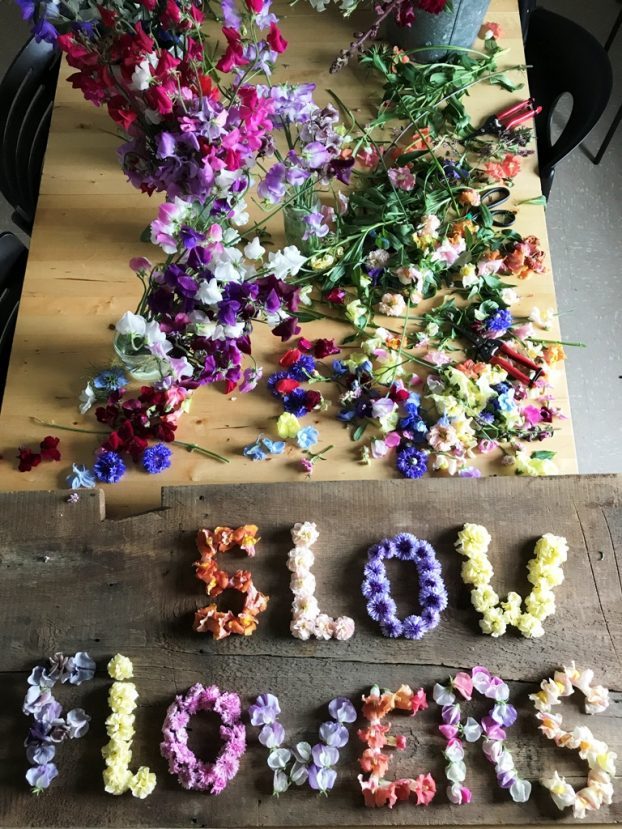
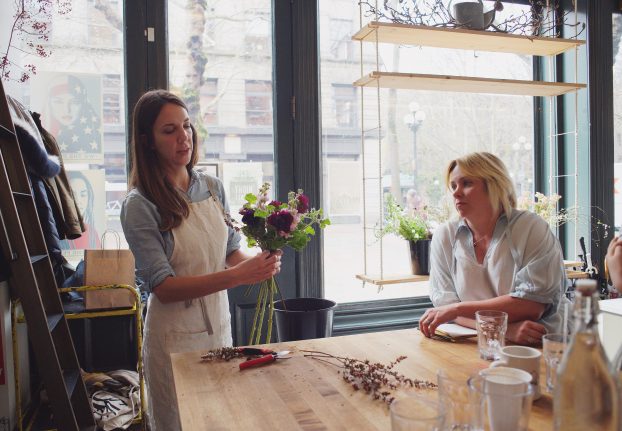
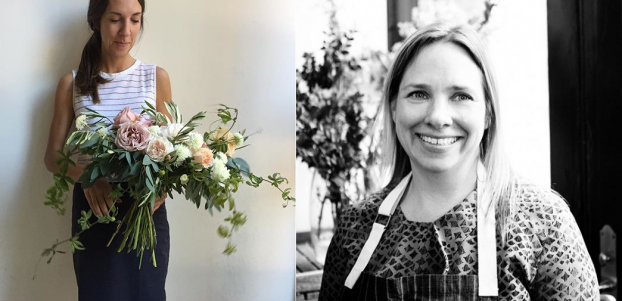
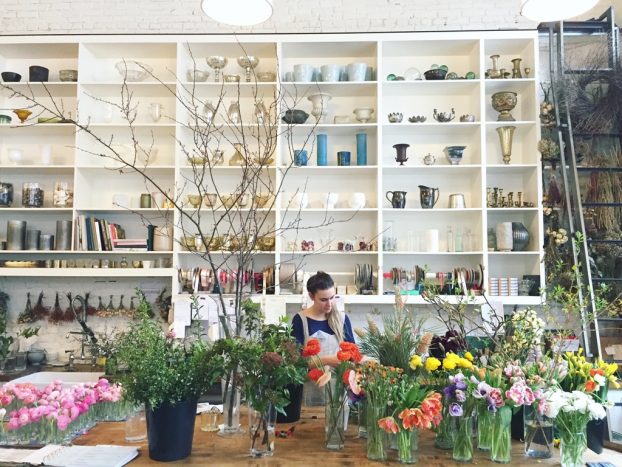
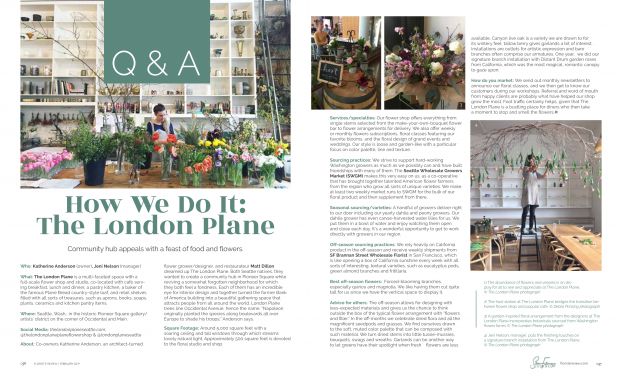
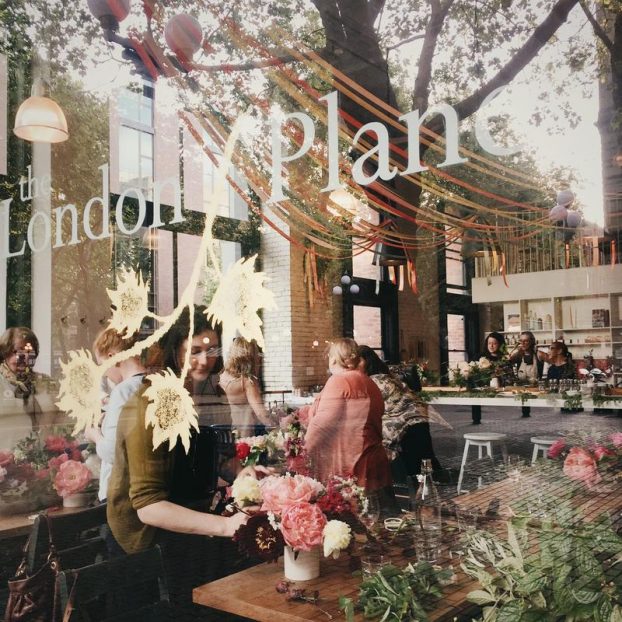
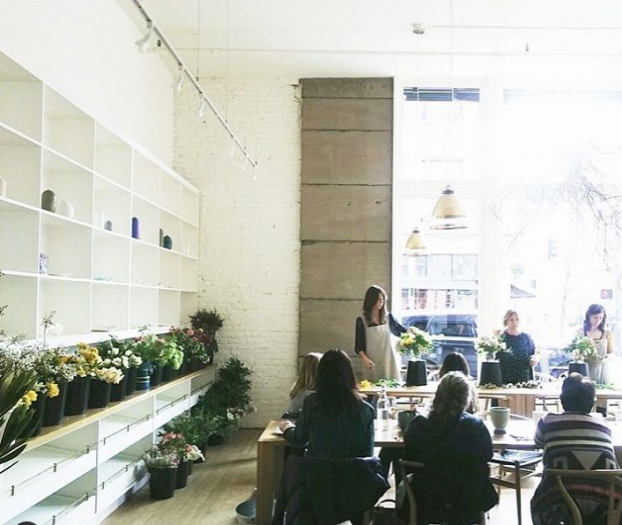
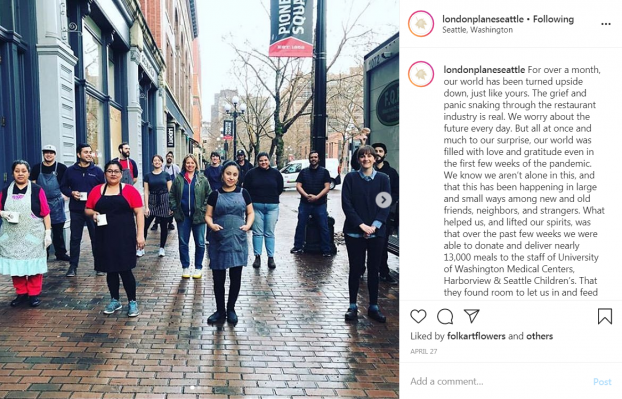
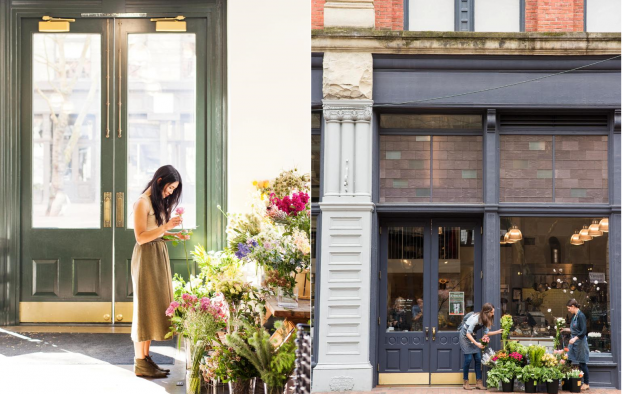
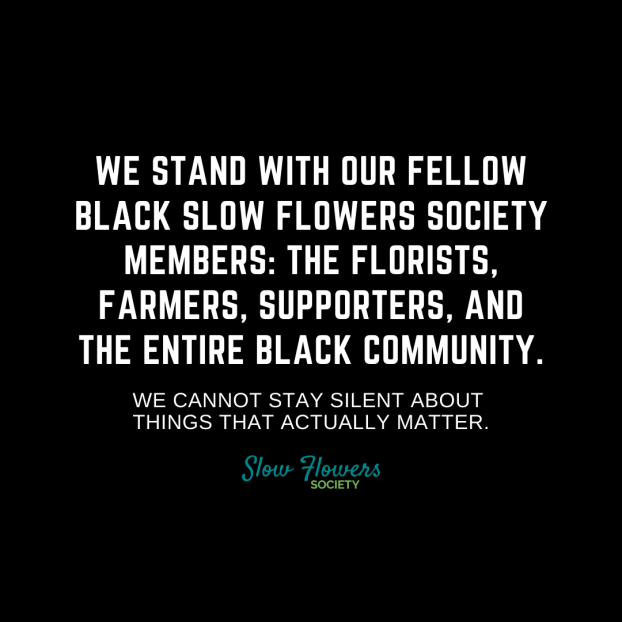
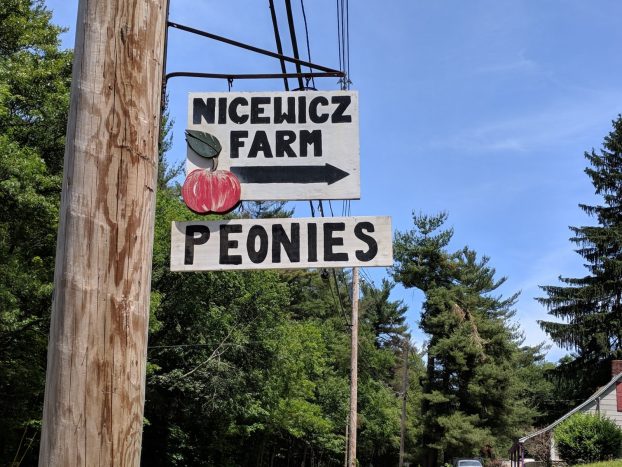
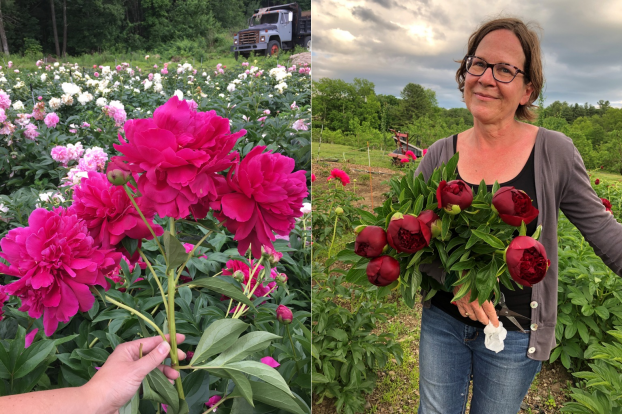
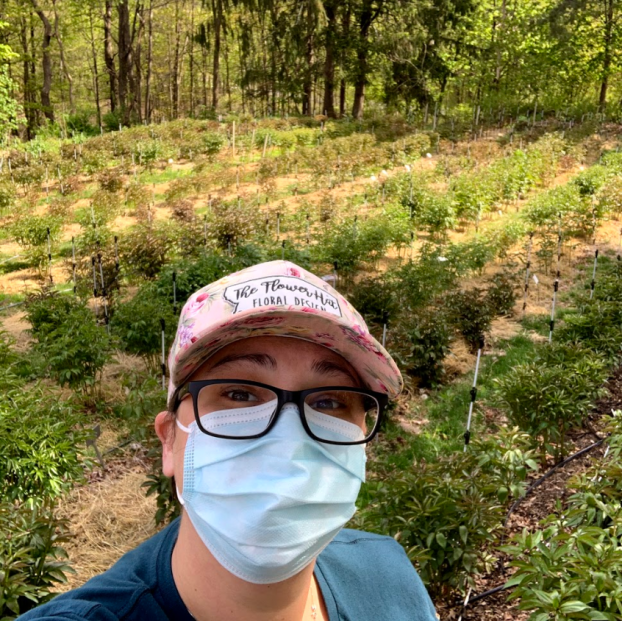
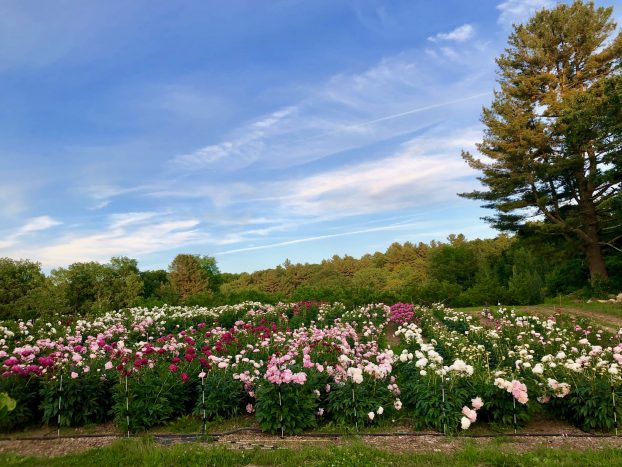
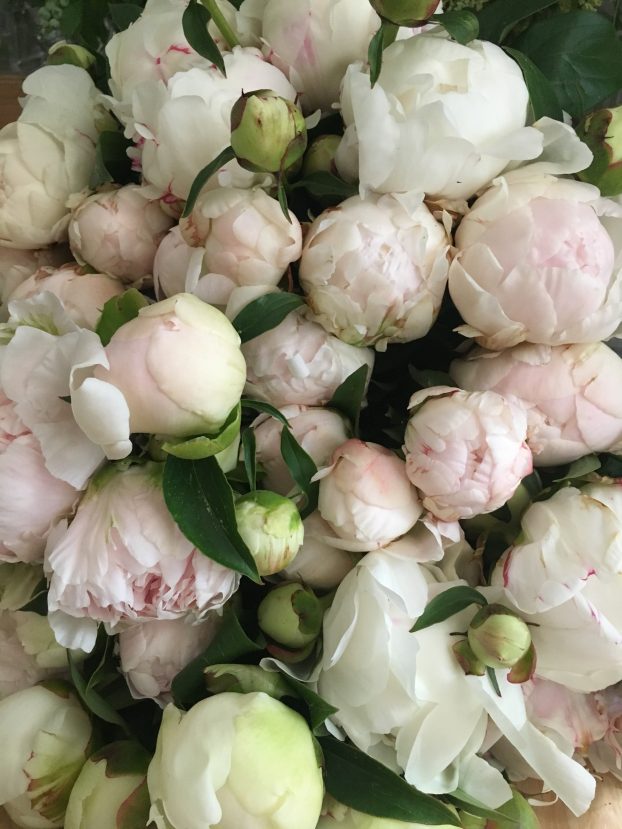
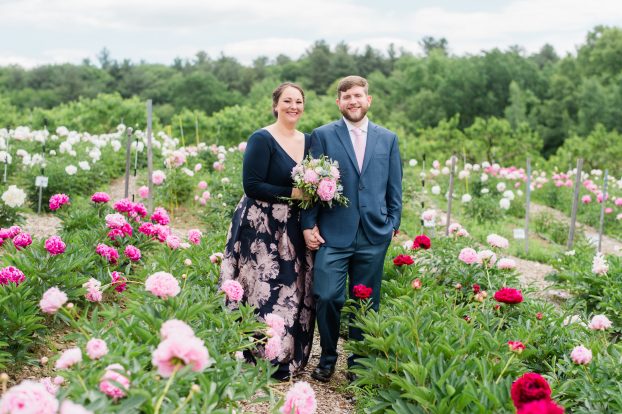
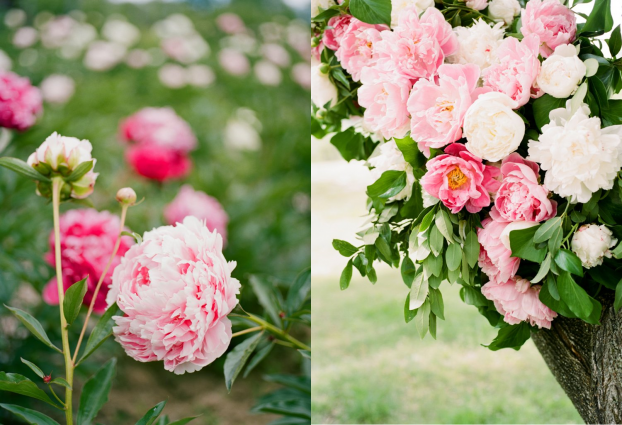
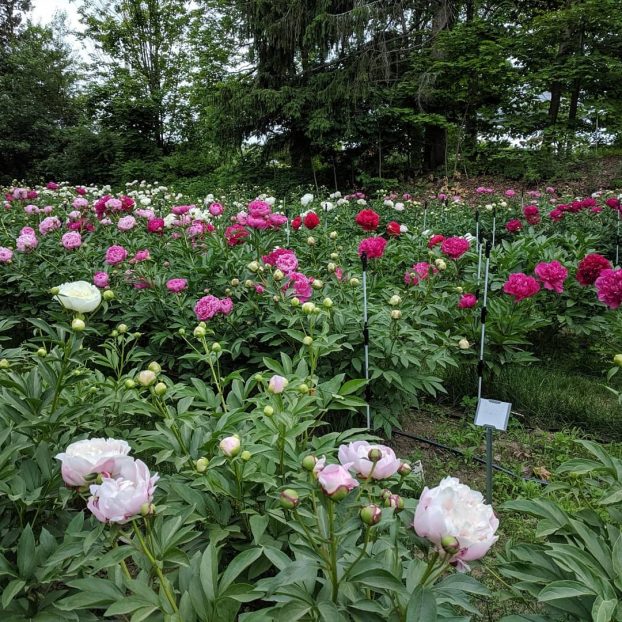
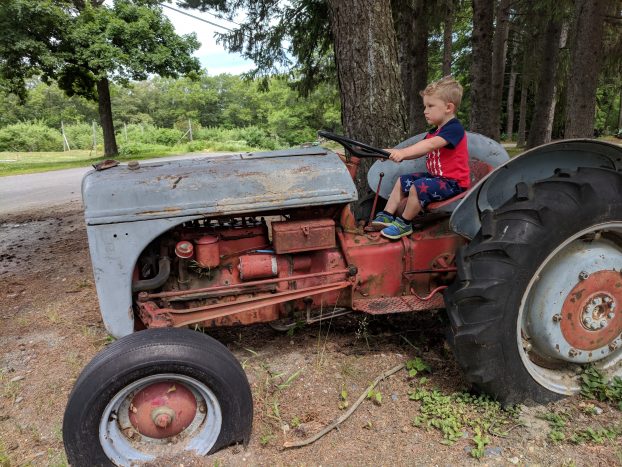
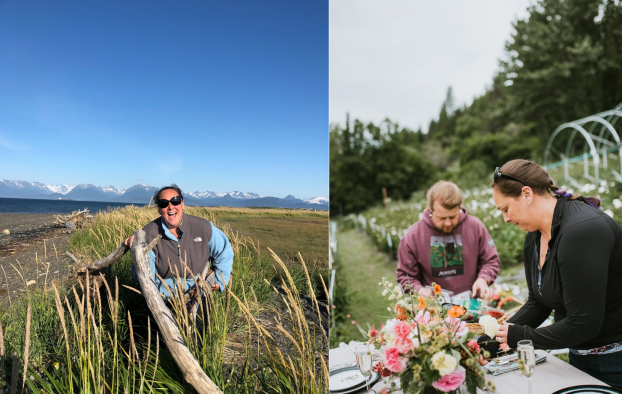
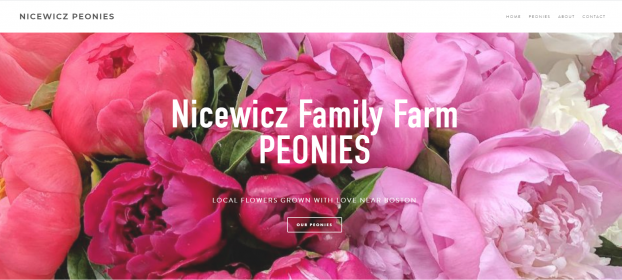
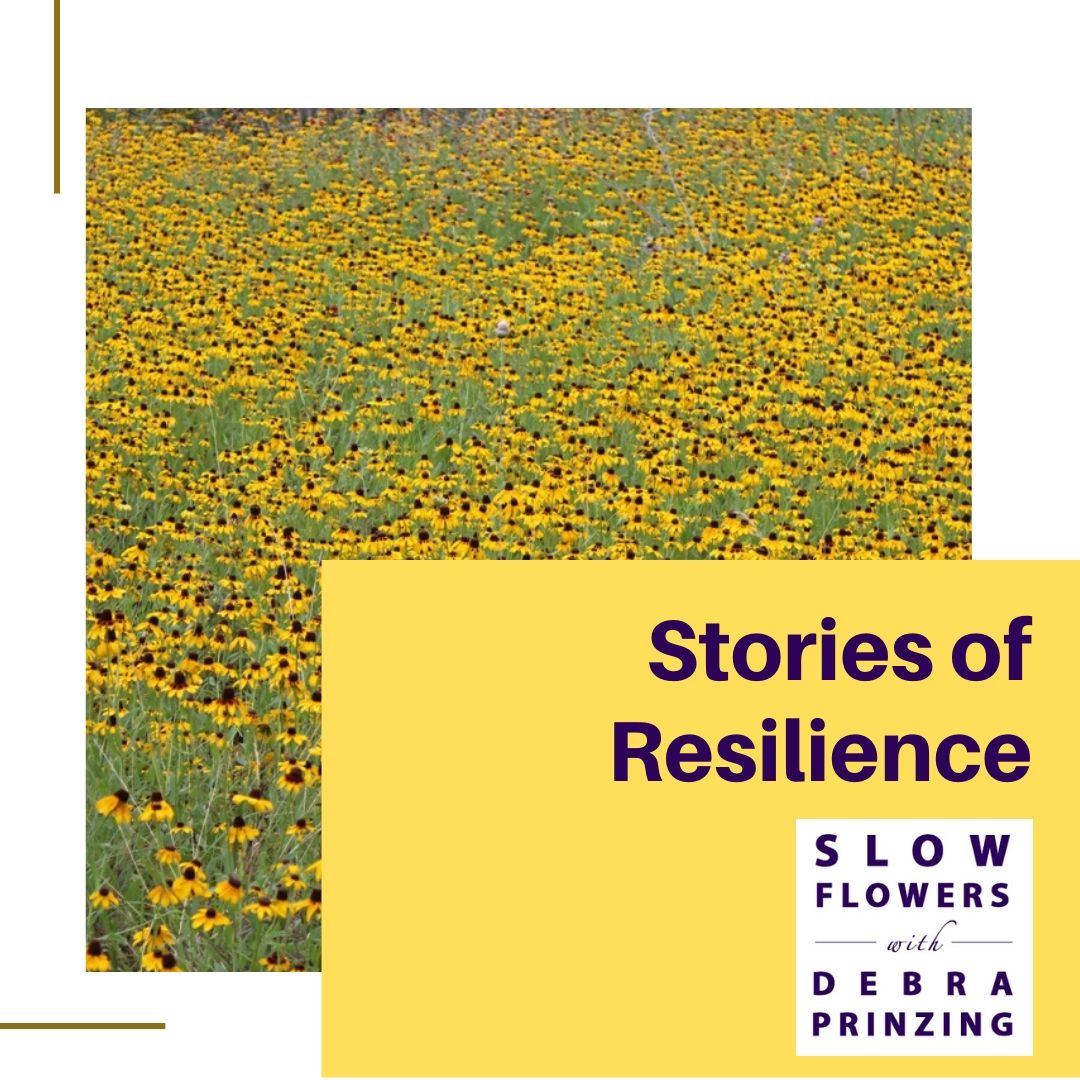 Thanks so much for joining today’s conversation. Since early April, I’ve been featuring Slow Flowers member voices in the ongoing “Stories of Resilience” series here on the podcast. I don’t know what I was thinking when I started, telling myself “oh, we’ll do this for a few months until things get back to ‘normal,'” and then it will wrap up. Well . . . I clearly did not have the right crystal ball to gaze into the future, friends.
Thanks so much for joining today’s conversation. Since early April, I’ve been featuring Slow Flowers member voices in the ongoing “Stories of Resilience” series here on the podcast. I don’t know what I was thinking when I started, telling myself “oh, we’ll do this for a few months until things get back to ‘normal,'” and then it will wrap up. Well . . . I clearly did not have the right crystal ball to gaze into the future, friends.